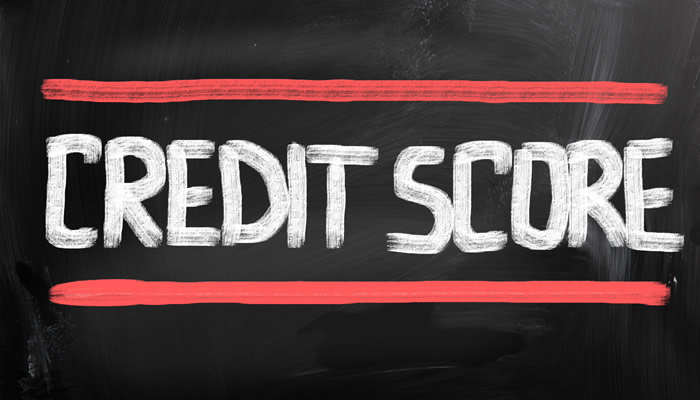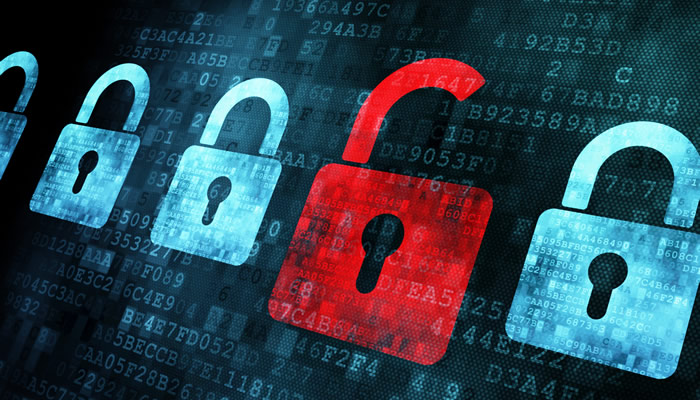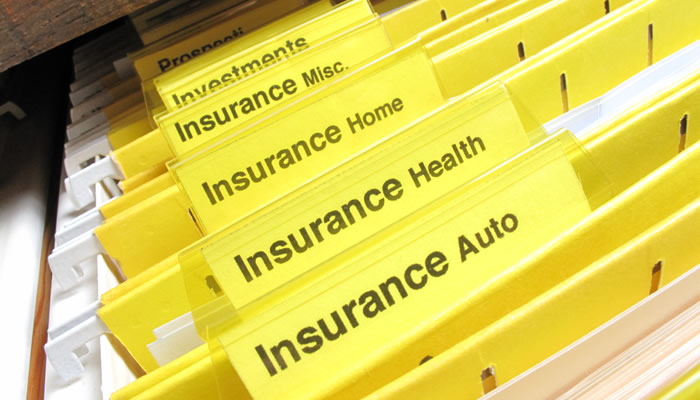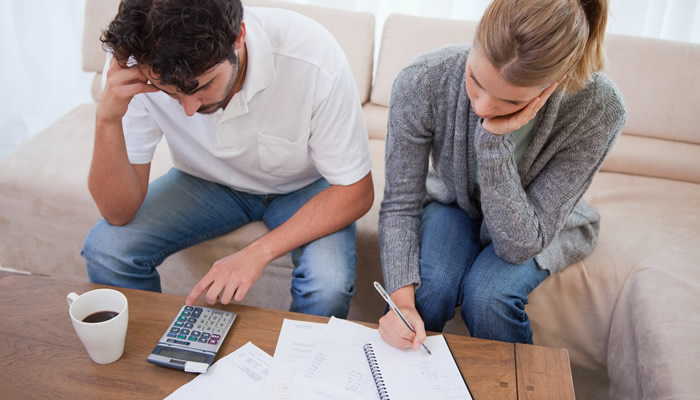Identifying the Debt Warning Signs
Do you feel like you’re in over your head when it comes to your personal debt? Are unpaid credit card statements piling up at home? Are you constantly only paying the minimum balance? Do you feel like there’s no way out? Chances are you have a debt problem. If you ignore the warning signs, you can find yourself on a one way street to bankruptcy.
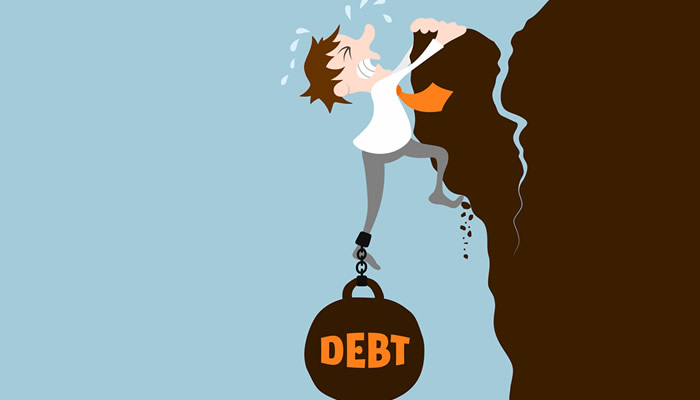
Bankruptcy in Canada is a lot more common than you’d think. One in six Canadians will file for bankruptcy in their lifetime, according to Statistics Canada. In fact, 121,609 Canadians filed personal bankruptcy or a consumer proposal in 2015, a 9.4% rise from 2014.
Warnings Signs
Before you let your personal credit card debt spiral out of control, here are some clear warnings signs you may have a debt problem.
Minimum Payment. Do you find yourself only paying the minimum on your credit card month after month? Only paying the minimum payment – the greater of 2 per cent or $20 – is a bad habit that will eventually catch up with you. If you’re carrying a large balance on your credit card, it can take years to pay off and cost thousands in interest. It’s even worse if you’re using one credit card to pay off another; it’s a clear sign you may be one step away from bankruptcy.
Impulse Buying. Some people enjoy window shopping; others enjoy buying everything in sight. We’re big advocates of credit cards, as long as they are used responsibly. That means only making purchases you can afford to pay off in full at the end of your 21-day grace period. If you’re shocked at how much you spent at the end of the month, there’s a good chance you’re an impulse spender.
Late Payments. There’s no easier way to ruin your credit score than paying your bills late. If you’re constantly paying your credit card past the due date, you need to take hard look at the root cause. If it’s because you’re forgetful, you can easily set up PAC (pre-authorized chequing) to avoid costly fees and penalties. If you simply don’t have the cash on hand, you probably have a spending problem.
Avoidance. As the saying goes, out of sight, out of mind. Avoiding a problem may make you feel better for the time being, until the unpaid credit card statements start piling up. Not checking your bill or online account because it may be bad news is not a good excuse. Avoiding debt will not make it better; in fact, it can get a lot worse, as interest can add up quickly.
Maxing Out Your Card(s). Credit cards come with limits so that you can finance the occasional expensive purchase, but not completely drown yourself in debt. People often get into trouble thinking their credit limit is their spending limit. That type of thinking is dangerous for personal finances. Maxing out your card every month, coupled with only paying your minimum payment can spell disaster.
Taking Cash Advances. Credit card cash advances are expensive – sometimes comparable to payday loans. In fact, some cash advances charge interest rates up to 30 per cent – yikes! Cash advances should only be used as a last resort, if at all. If you’re constantly relying on them, it’s a clear sign you have a problem.
Once you recognize you have a debt problem, it’s important to take action immediately. For best results, you should keep track of your spending, have a budget, and make sure your income can cover your expenses. By following those simple rules, your chances of developing a debt problem will be a lot lower.

